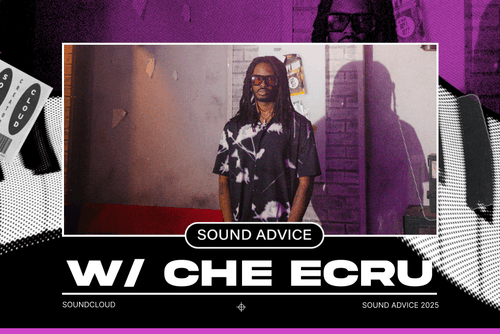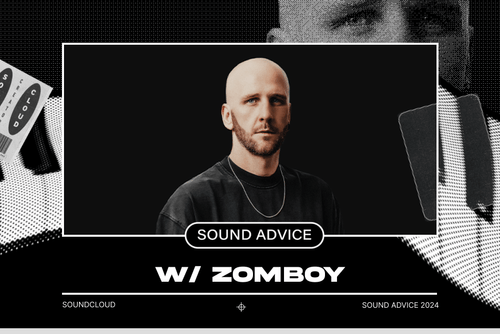The Louisiana singer-songwriter offers insight into navigating when a song goes viral, reaching the right audience and using feedback as a creative guide.
Welcome to Sound Advice, the weekly interview series spotlighting artists’ creative process and their SoundCloud journey. We’ll get the inside knowledge straight from the source on how musicians, producers and creatives are leaning into the many facets of Next Pro to reach their audience and grow their careers.
Singer-songwriter Odie Leigh didn’t initially embark on the path of a career musician, but the universe had other plans in mind. Born and raised in Louisiana, Odie grew up singing in the church choir and learned to play the guitar at the age of 13, but gravitated towards pursuing a career in the film industry. As a college student, however, Odie found herself picking up the guitar again, this time as part of a friendly wager between her roommates to see who could go viral on TikTok first as a way to pass the time during the 2020 pandemic. Not included in the bet originally, Odie Leigh found herself uploading a self-described “silly joke song,” which took off on the platform and has since laid a foundation for her to pursue her talents in an earnest, dedicated manner.
Coming into her own as a recording artist, Odie Leigh released her debut EP in 2022, ‘How Did It Seem to You?’ and followed up the project with her 2023 EP, ‘The Only Thing Worse Than a Woman Who Lies Is a Girl Who’ll Tell Truths,’ which was recorded in the woods of Tennessee and helped open her up to her first experiences touring and performing live shows. This summer, Odie is set to drop her debut album, ‘Carrier Pigeon,’ with Mom + Pop, a 10-track collection – produced by Bay Area producer, musician and engineer Derek Ted – that showcases her penchant for penning honest songs and explores a wide range of acoustic, folk and harder-edged influences. Ahead of the album’s arrival on July 12, we caught up with Odie Leigh from her new homebase of Detroit to learn more about what experiencing viral success taught her, how she incorporates fan feedback throughout her creative process and her favorite way to share unreleased (and released) music on SoundCloud.
After “Crop Circles” went viral, what were the next couple of steps in your career like?
Interestingly enough, after that happened, nothing really happened. I was still in school and I was working full time in the film industry. I was waking up at 4 a.m. and getting home at midnight every night. I knew that I needed to do something because things were going so well on the internet, but I had no tools, I had no connections, I knew no one. I actually recorded an EP that no one will ever hear with some friends of a friend of mine from college. That was my original plan that [after] the song went viral, I would find these people and record this EP, but it just wasn’t good. I am still so proud of myself for calling that off. I feel like when you’re in that moment where things seem like they’re going so well and there’s this pressure to get this thing out, sometimes it’s easy to rush it. I took my time and I quit working in the film industry. I took a little break. I went and recorded it in a way that I was actually proud of. It was something like five or six or maybe even nine months later that I finally put the song out. Even though it had been so much time, it still reached the people who had been waiting for it. If I had jumped on it in the moment, perhaps the moment would have fizzled out quicker. I was definitely lucky enough that people stuck around.
Have you learned anything in particular about what is successful on these different social media platforms or what resonates with people?
It’s so funny because it truly is up to chance. Every friend that I have that posts on TikTok has their own little suspicions and superstitions around it because they think that that is how the video does well, but there’s no rhyme and there’s no reason. Truly anything can be successful and anything can flop. It really is just sometimes the luck of the draw. But what is true is that good content will have a better opportunity of doing well, so keep on trying. Even if it flops, keep on trying; it doesn’t mean that it’s bad. It just means that it hasn’t reached the right people yet.
You’re gearing up to release your full-length album, ‘Carrier Pigeon.’ What is the concept behind the project? What has it been like going from writing EPs to working on an album?
‘Carrier Pigeon’ is my first ever album. It’s the first collection of songs that is fully what it is. It’s just happy and it’s fun. The [process] wasn’t that much different than making these EPs; it was just a couple more songs. But what was really fun was to have so many tracks that I could explore different sounds and still have it be a cohesive piece. Before, on my first EP, there was definitely one sound that I stuck to, and on my second EP, there was one sound that I stuck to. With ‘Carrier Pigeon,’ there’s enough room to have a couple of acoustic songs, a couple heavy songs and a couple of songs that dance in-between the two.
Learn more about unlimited uploads with Next Pro.
What have you learned from working with a producer?
If anything, it’s given me confidence to know that we’re getting good sounds. I’m giving it my all, every time, regardless [when I record] so it’s nice to go into a space knowing that my all will be captured properly and we’ll have good quality. It’s such a basic thing but being able to go in and record and know that when I walk out, what I’m going to hear back is going to be at the level I expect it to be is just so nice. That was such a frustration for me for so long was knowing and communicating what I wanted it to sound like, but it wasn’t possible. Sometimes it’s just not possible. That never hindered me from putting out music and I did what I could with the tools that are given. It’s very nice to now be able to go into a space and achieve the sound that I want to achieve, whether that’s a really lofi, straight-to-tape recording or HD [high-definition audio].
When did you get on SoundCloud and what sort of role does it play now in your artist ecosystem with all of these different platforms that you have? Which tools do you find yourself using the most?
I’ve been on SoundCloud since the first song I ever released. [In the beginning], it was one of those things where it was just a good place to put my music. It is still to this day such a great way to share both unreleased songs and released songs. Being able to have that streamlined, free, accessible me-to-fan connection and being able to put songs out and know there’s very little barrier for people to be able to hear them is so useful. The private playlists will always be my go-to way to share unreleased music with people. Sending a SoundCloud link is so easy, so simple and plays like normal music. I have so many unreleased songs. My entire album that’s about to come out is a private playlist that so many people have the link to. It’s just such a great way to share music with other artists as well. I can send it to my friends and be like, “Hey, I just got this mix back. What do y’all think?” I know that it’s going to be of a similar quality to how other people will be listening to it.
Learn more about sharing private playlists on SoundCloud.
How do you organize and reorganize your unreleased music using private playlists?
I have so many versions of so many different things. I have every single voice note, half song, quarter song and melody that I ever come up with from the first year of me making music in a private playlist on SoundCloud. I have everything on there. There’s a million versions and a million things and while I really should clear it out, it is also really valuable to have version three [of a song] and version five, and sit in my car and hear what we did before. Then, if I like the drums on version three better, I can text my producer and we can revert back to that version.
Do you have any tips or advice for people that are just starting out using SoundCloud or something you’ve learned that you wish you knew from the beginning?
With SoundCloud, it’s the same as with every social network in the sense of if someone comments, [you should] reply back. It is so cool to have a streaming service where you can interact, so definitely take advantage of that. Take advantage of the ability to use SoundCloud as an artist with other artists. Take advantage of those private playlists; send them to your friends, and get feedback and advice. I think that, unfortunately, a lot of artists are probably like me and don’t have it all together; I don’t have any storage on my phone. If you want me to hear your song, you have to send me the SoundCloud link. That’s it.
Learn more about sharing private playlists on SoundCloud.
We’ve talked about quality and wanting to make your songs as good as they can possibly be. How do you feel about sharing unreleased demos with fans on SoundCloud?
I share all of that stuff on my other social media. That’s what I originally got into TikTok doing; I would write a song and immediately post it to TikTok, every single time. So my SoundCloud right now is mostly just the released versions, but I do have a couple live versions and acoustic versions sprinkled in there, because it really is such a good place to share that. In the past, so many of my listeners first heard my music acoustically from my phone so there is definitely a desire for that. Without going through distributors, I can just record an acoustic version and throw it up on my SoundCloud.
When you put up a demo or acoustic version of a new song you just wrote, does fan interaction, such as comments or likes, help determine what you do next or influence you in any way?
Yes. In the past, when all I was doing was writing songs and immediately posting them, that is how I figured out what songs were good. I was so new to songwriting and so new to all of it, that it was very cool to have this community of people that was like, “Yes” or just nothing. Fan interaction is such a great way to figure out what is working and what isn’t. Now, I’m a little bit more confident in what I do, and in my own voice, that I don’t just write songs and throw them up because I imagine bigger arrangements to them. I do still think there is a lot of value [in doing that] when you’re starting to figure out your voice.
Do you have any advice for folks who are signing to a label for the first time or working with managers for the first time?
I think my biggest piece of advice for really everything is just wait until the perfect option comes up — because it will. If you are getting any amount of attention, that means that you’re doing something right. Don’t jump into the first record deal that you’re offered. Don’t jump into the first manager that wants to work with you. Listen to them, take the meetings, look at the contracts, take these opportunities to learn, but don’t get overexcited at the first hint that you’re doing something well, because that just means there’s so many more possible, probably better opportunities to come.
To discover additional features a SoundCloud Next Pro subscription offers, visit here.
Click here to follow Odie Leigh and her journey on SoundCloud.
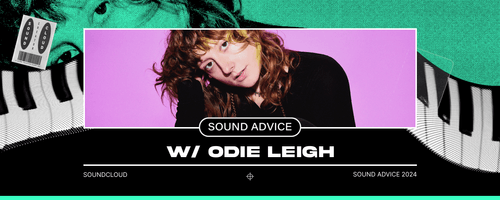
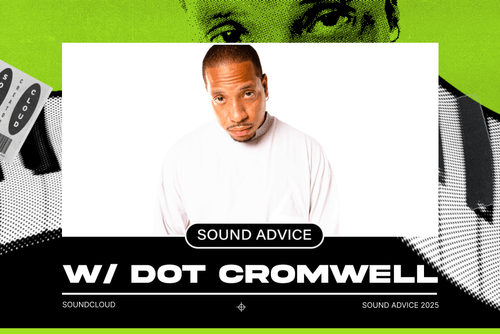
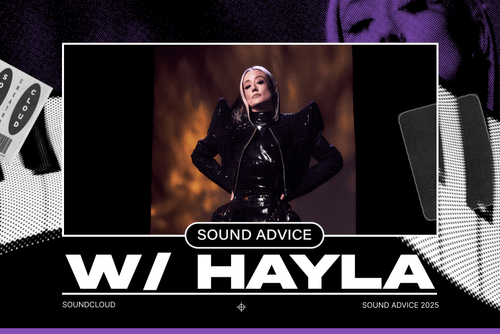
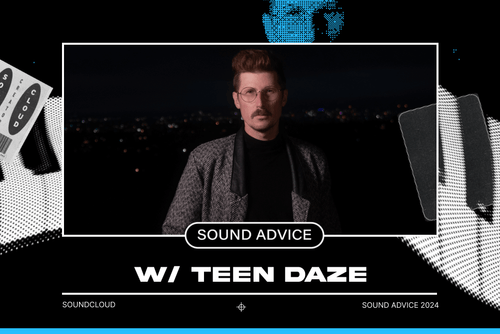

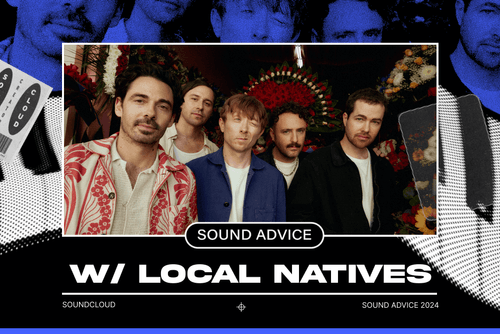

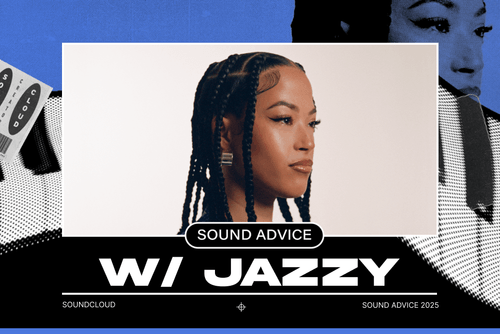
-p-500.png)

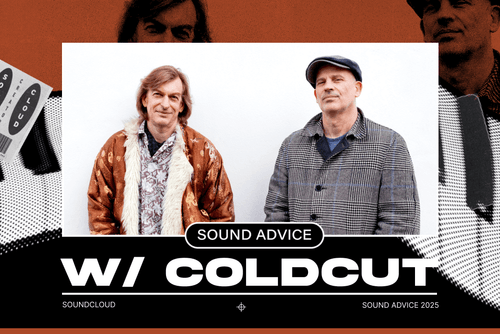
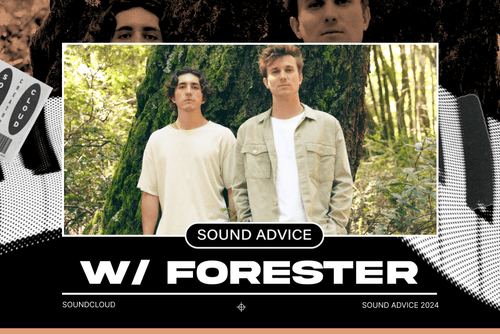
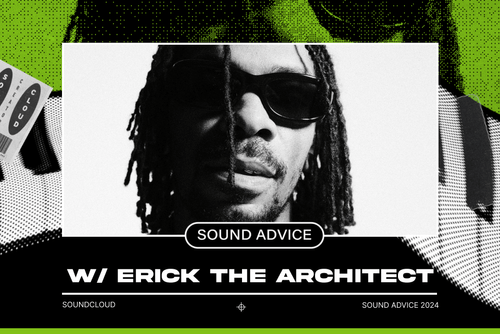
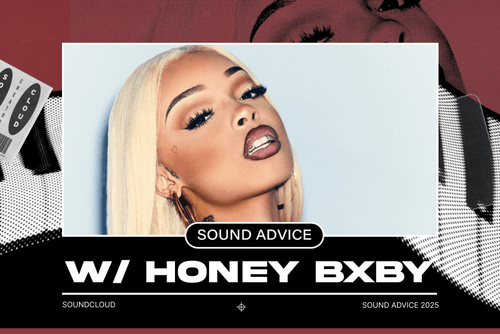
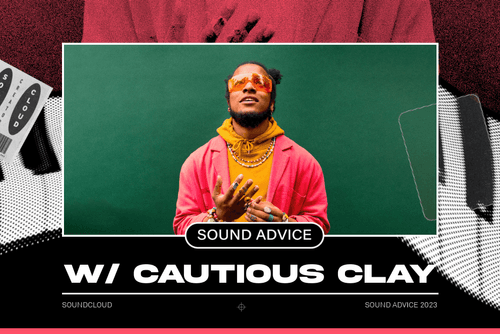
-p-500.png)
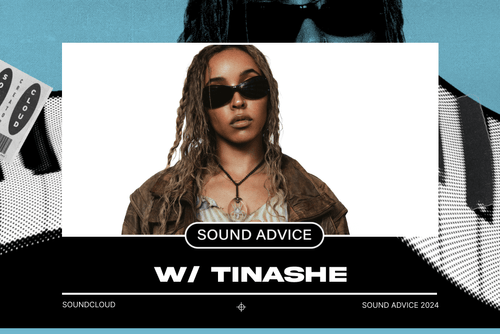
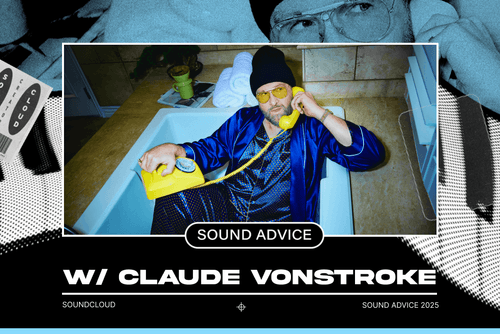
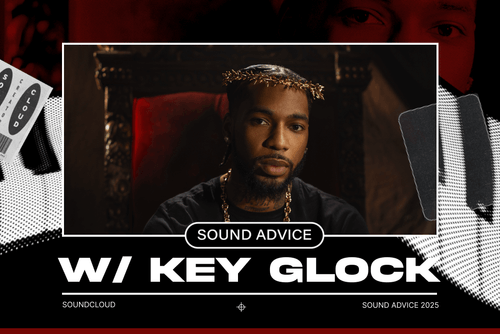
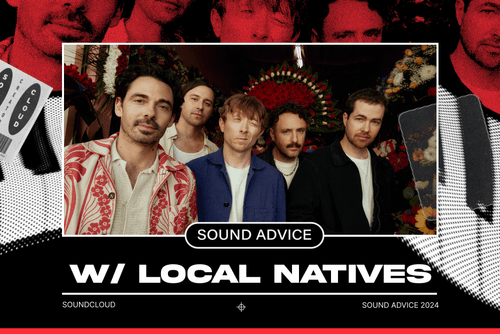
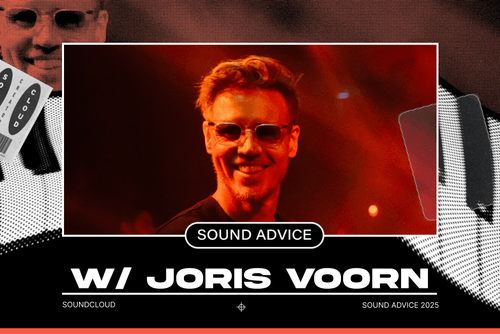
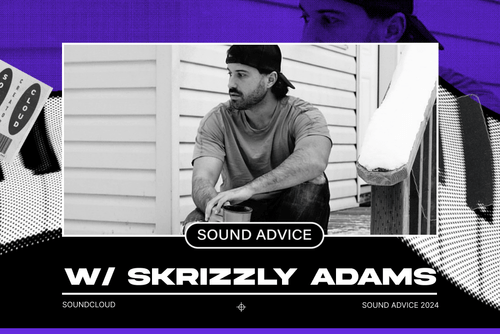

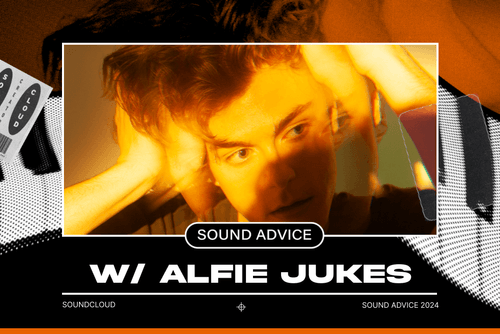
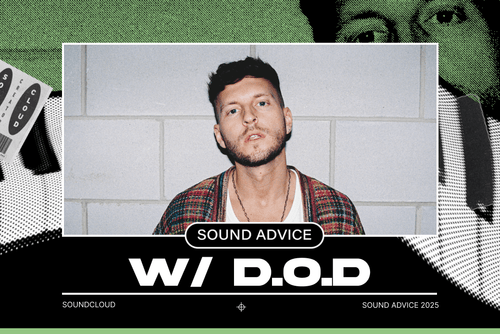
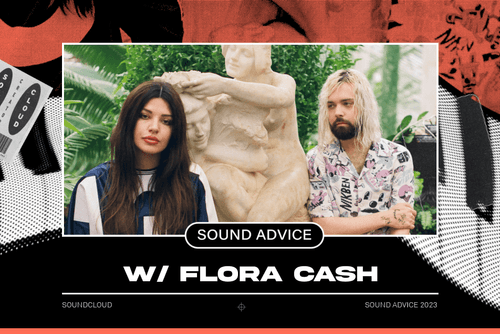

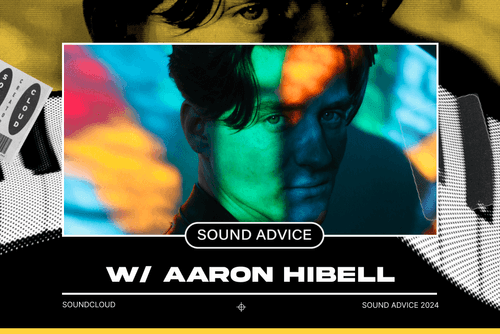
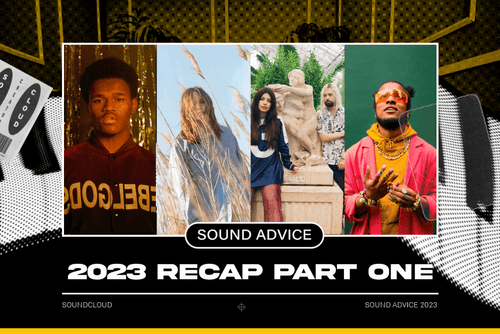

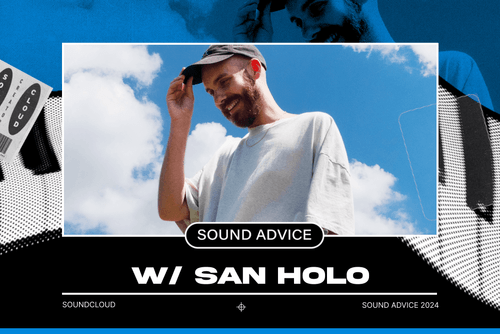

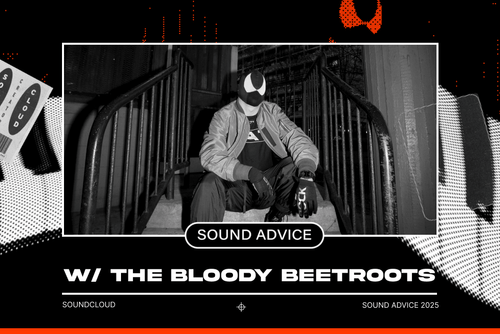
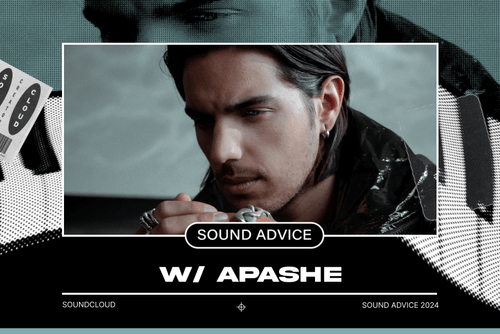
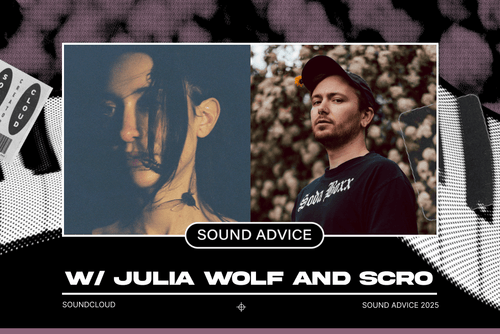
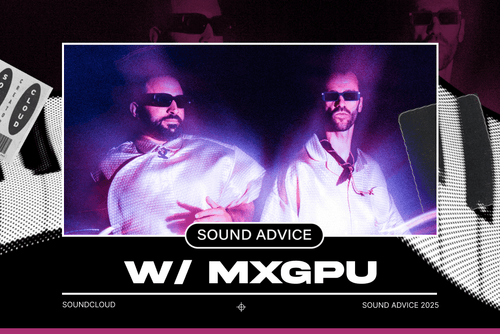
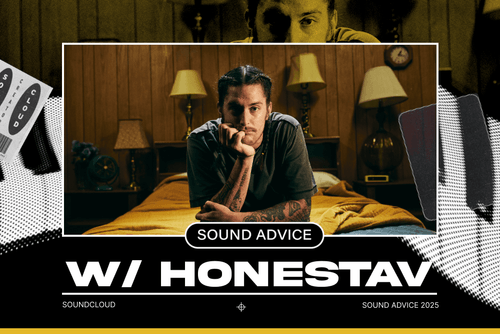
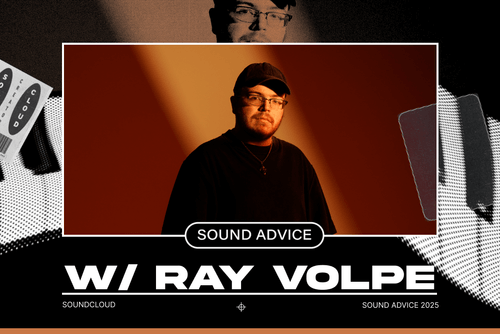
-p-500.png)
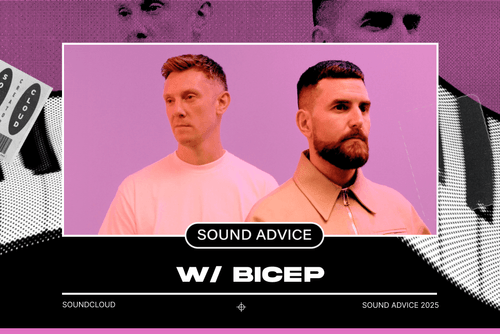
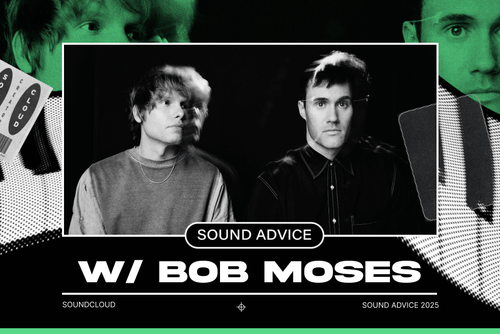
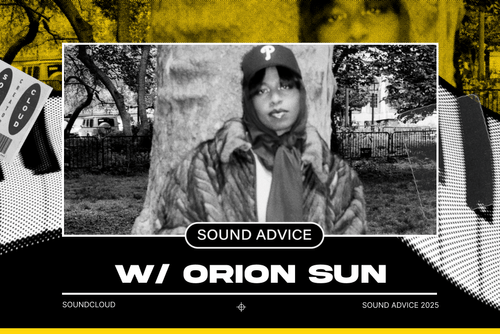
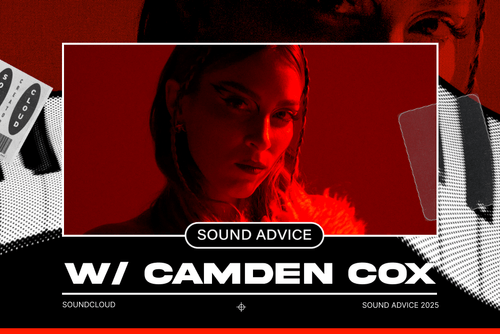
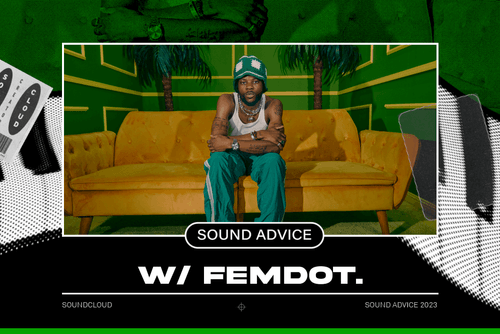

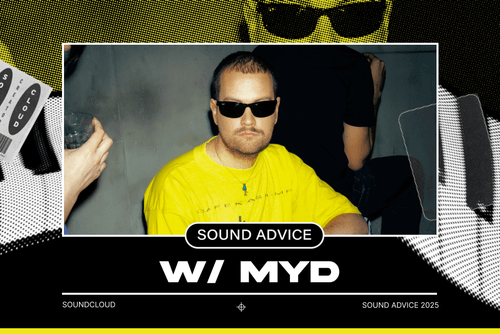
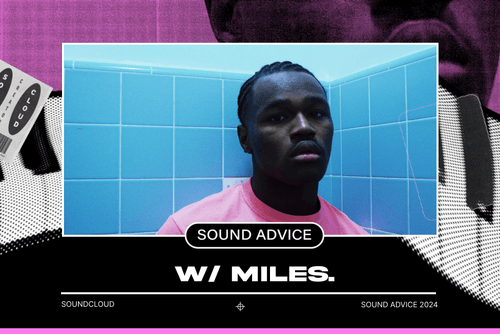
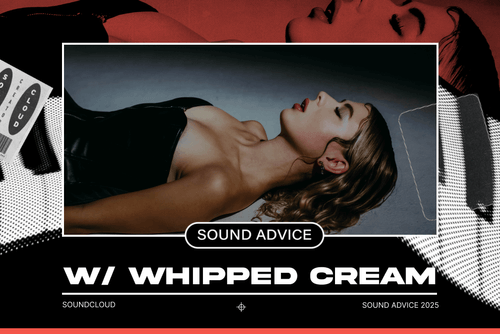
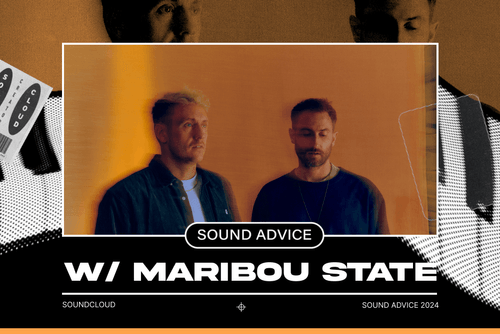
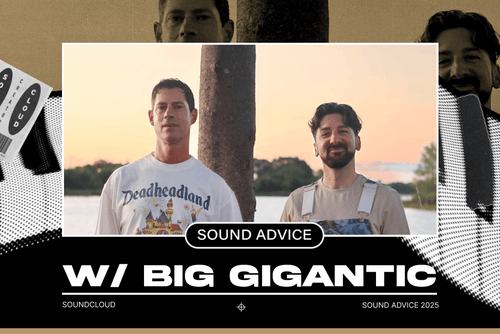
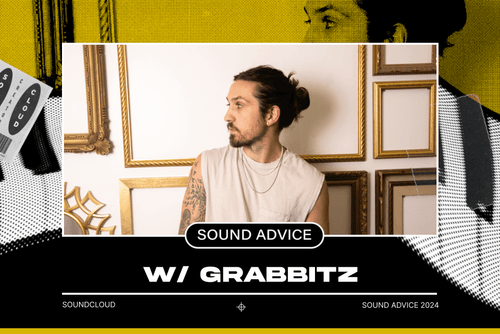
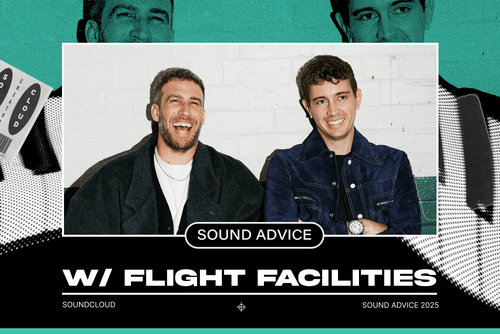

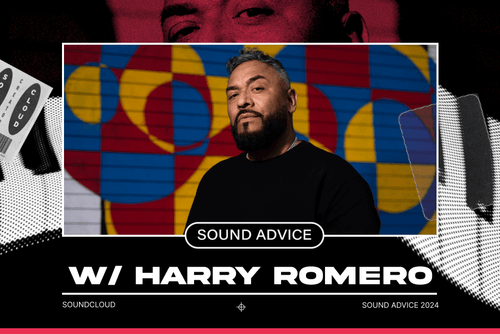

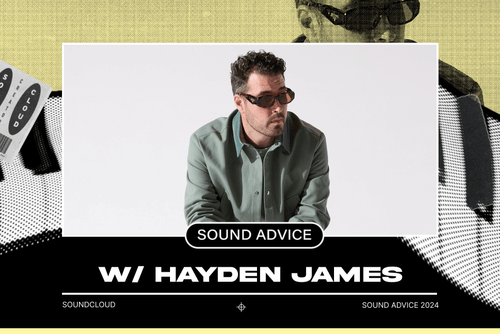
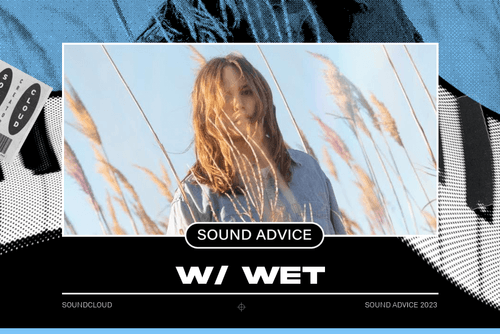

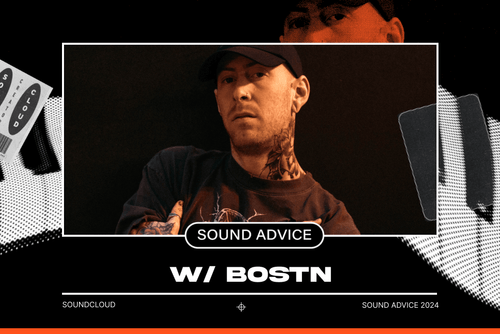
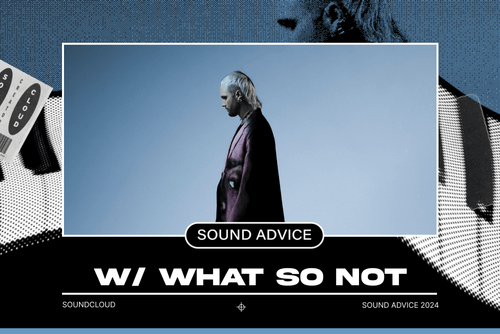

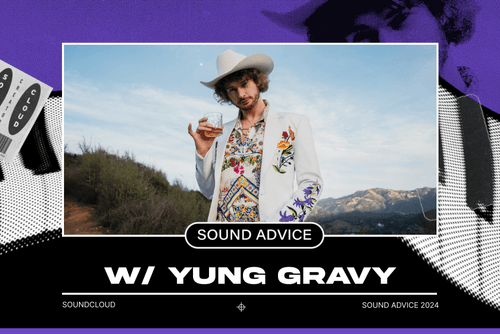
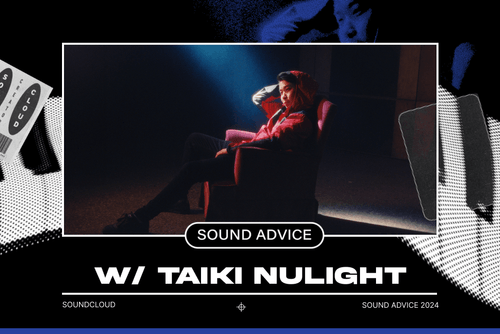
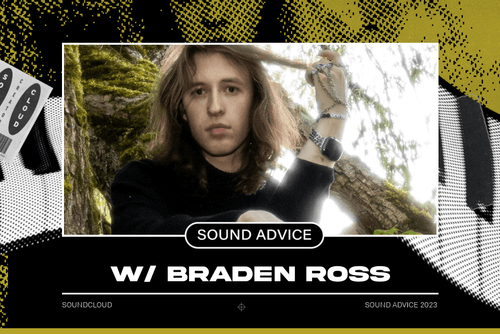
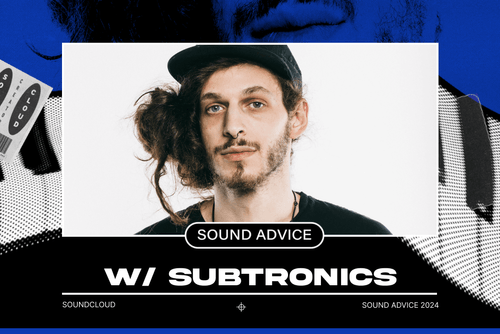
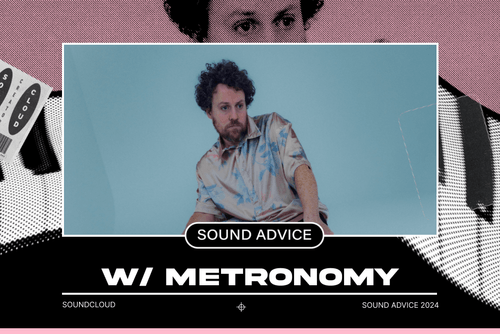
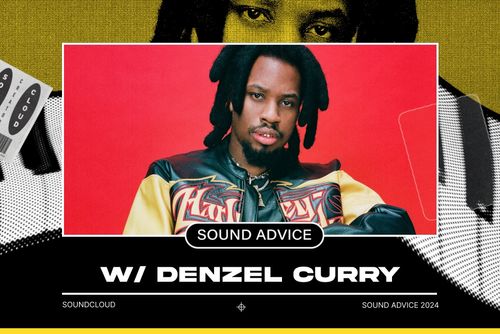
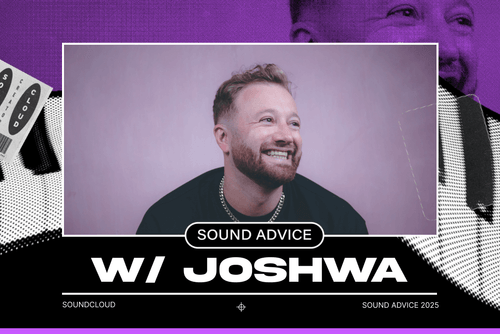
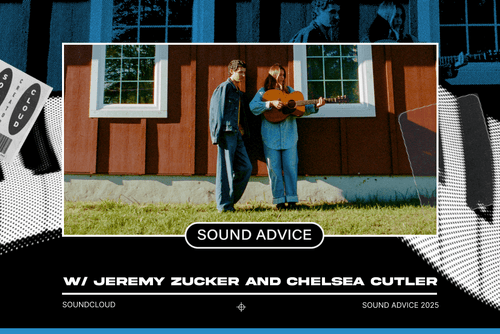
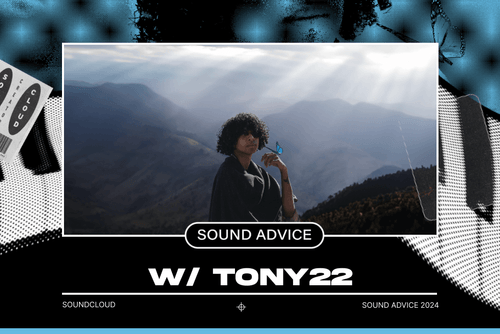
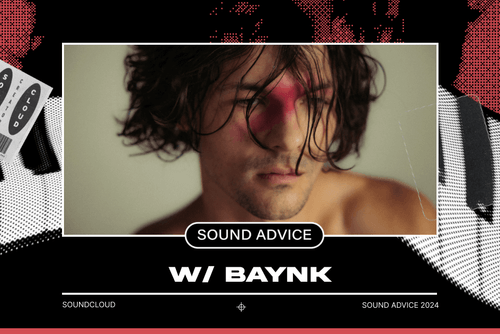


-p-500.png)
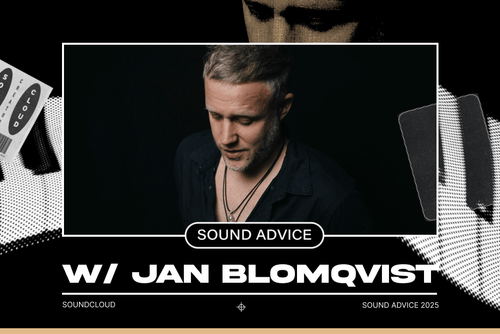
-p-500.png)
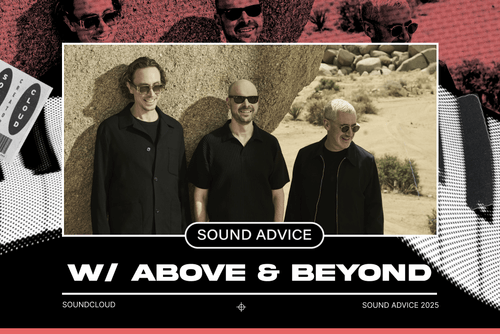
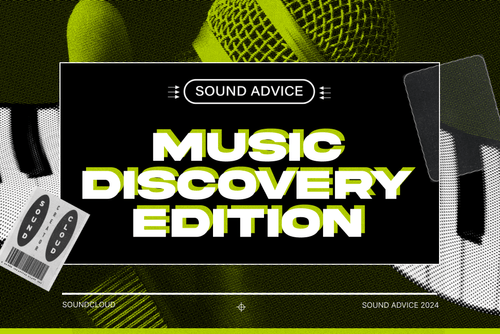
-p-500.png)
